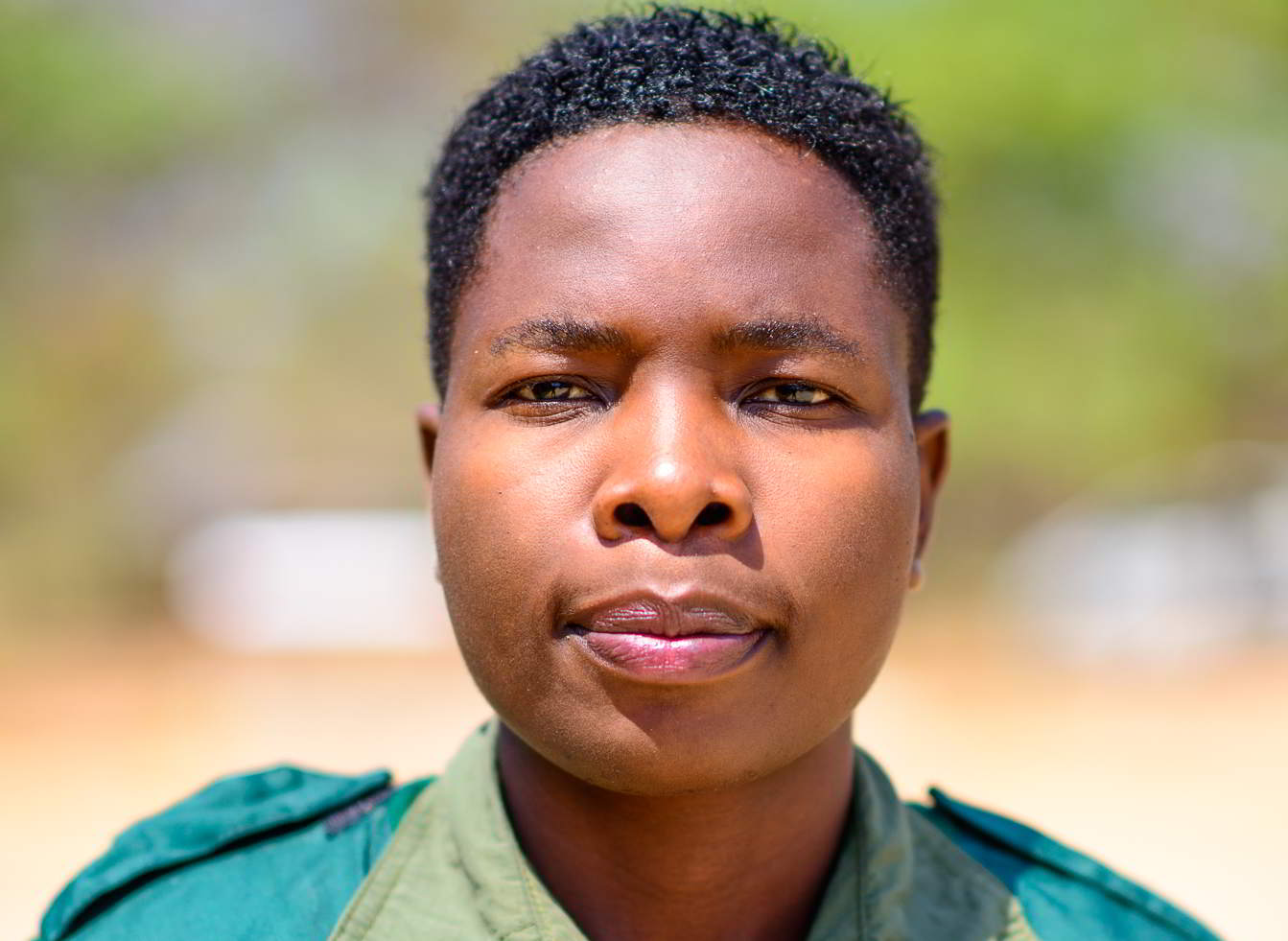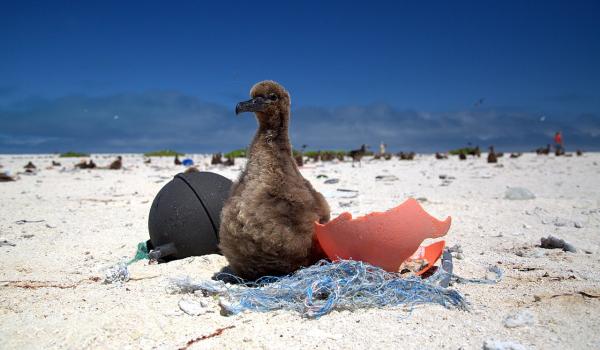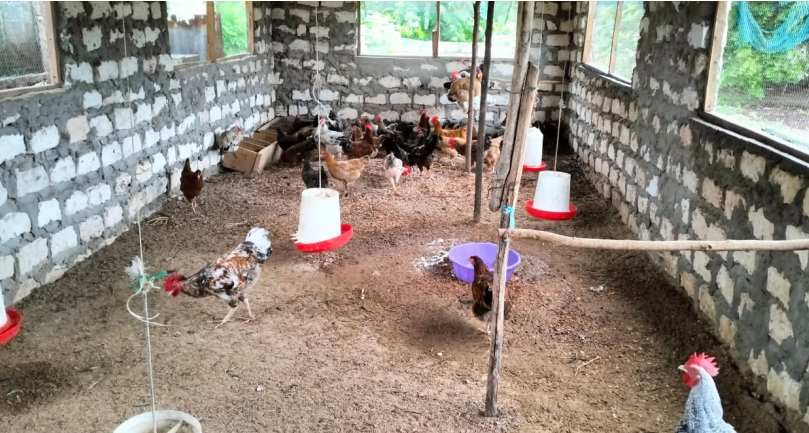Kenya advances cross-sectoral collaboration and action for biodiversity and agroecology
Kenya is gearing up to reap the benefits of cross-sector collaboration, following years of government agencies and business working in silos. One critical issue driving this effort is the need to address the country’s biodiversity crisis.
Launched in March 2020, the objective of the BIODEV2030 initiative is to accelerate the mainstreaming of biodiversity into priority sectors that are key for biodiversity and economic development.
In this context, BIODEV2030 is engaging with the Ministry of Environment and Forestry (MoEF) to create a coordinating platform for biodiversity actors in Kenya. At the same time, it is also working with the Inter-sectoral Forum on Agrobiodiversity and Agroecology (ISFAA) to develop voluntary commitments in the agriculture, livestock and forestry sectors.
Creation of a National Biodiversity Coordination mechanism
Biodiversity conservation is the primary mandate of the MoEF. For many years, there has been a clear need to create a national inter-sectoral forum to bring together stakeholders from different national Ministries, county governments, civil society, private sector, academia, local communities, NGOs and the donor community, specifically in the area of biodiversity conservation.
With the support of the BIODEV2030 initiative, the National Biodiversity Coordination Committee (NBCC) has been created to improve coordination and cooperation among multi-sectoral agencies with biodiversity conservation responsibilities at the national, county and local levels.
The overall goal of the new Committee is to enhance strategic collaboration, partnership synergies, networking and communication. During a national workshop held in July 2022, stakeholders reviewed the Terms of Reference for the Committee and developed a roadmap for the establishment of the platform. In October 2022, the MoEF will hold a series of consultations to finalise the establishment of the platform.
Engaging the private sector in agroecology
Beyond the effort to coordinate biodiversity endeavours at the national level, BIODEV2030 is also implementing a multi-stakeholder dialogue supported by scientific assessments. Based on the findings of a diagnosis of national and sectoral threats to biodiversity produced in 2020, agriculture, livestock and forestry in drylands were identified as priority sectors for setting voluntary commitments for biodiversity as part of the BIODEV2030 project.
Another study expected to be released in October, “Identifying options and scenarios of voluntary commitments for biodiversity in the agriculture and forestry sectors,” led by Kenya Forest Research Institute (KEFRI) in Kajiado county, will further inform the discussions.
The ISFAA was identified as an effective platform for these discussions with representatives from the sectors. The Forum is hosted at the Ministry of Agriculture, Livestock, Fisheries and Cooperatives. It brings together stakeholders at the intersection of biodiversity conservation and agricultural production to share knowledge and information as well as influence policy. It also implements programmes, and monitors progress on mainstreaming biodiversity and ecosystem services in the agricultural sector and landscapes.
Earlier this year, a workshop, “Engaging Private Sector and Financial Actors in Agrobiodiversity and Agroecology Actions”, was jointly organized by ISFAA and IUCN through the BIODEV2030 initiative. A Private Sector and Markets Thematic Working Group was officially launched during this event. This working group will specifically explore opportunities and challenges for private sector engagement and markets to promote agroecology and agrobiodiversity, including consumer awareness and behaviour change, enabling legislation and standards, and finance availability.
Between October and December, BIODEV2030 will seek to capture the first voluntary commitments from these priority sectors and ensure they contribute to the national and cross-sectoral agenda to reverse the country’s accelerated loss of biodiversity by 2030. The IUCN Red List Index shows a downward trend between 1993 and 2020 for birds, mammals, amphibians, corals and cycads in Kenya.
The BIODEV2030 project is financed by the Agence Française de Développement (AFD), coordinated by Expertise France and implemented by IUCN and WWF.



